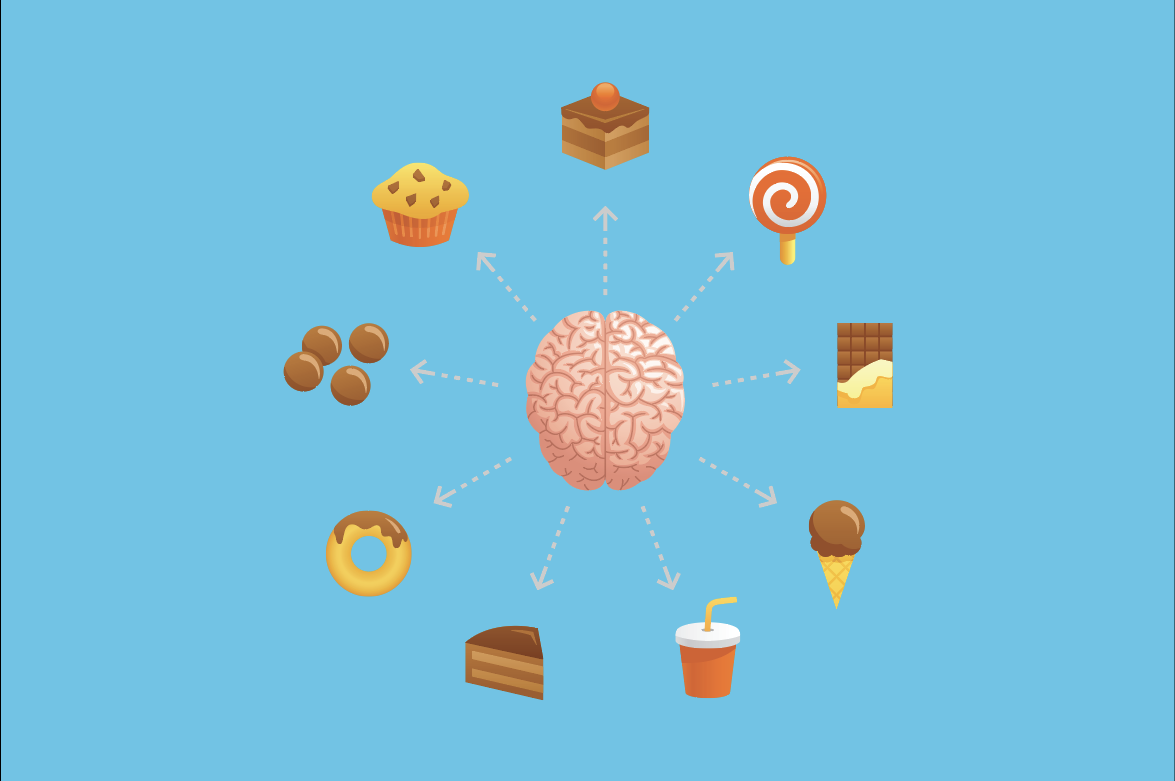Four out of every 10 people have experienced an eating disorder or know someone who has. The most talked-about are anorexia and bulimia, but in recent years, binge eating has come into focus. Experts have started speaking out about how common it is.
“People often stereotype eating disorders as happening in young, small women, but that’s not the case. They can affect anyone,” says Stephanie Bustamente, registered nurse at BlueCross with a focus on behavioral health. Binge eating is newer, so it doesn’t get the same attention, but it is a very serious health challenge.”
In fact, the National Eating Disorders Association (NEDA) cites it as the most common eating disorder in the U.S. today, so it’s affecting a lot of people who may not even know they’re at-risk.
What is binge eating?
Binge eating disorder (BED) is a life-threatening but treatable disorder characterized by:
- Eating large quantities of food, often quickly and to the point of discomfort
- A feeling of losing control during the binge
- Shame, distress or guilt afterward
- Not using unhealthy measures such as purging to counter the binge
“Binge eating is different from bulimia,” says Bustamente. “With each disorder, a person might hide food, eat very large amounts and feel out of control or embarrassed about eating in front of other people. But with BED, there’s no purge, which means most people suffering from it are not underweight.”
What are the warning signs of binge eating?
Physical
- Noticeable weight fluctuation
- Stomach cramps, constipation, acid reflux
- Difficulty concentrating
Emotional
- Disappearance of large amounts of food quickly
- Empty containers/wrappers
- Uncomfortability eating around others or in public
- New food practices or diets, including cutting out entire food groups (sugar, carbs, meat)
- Stealing or hoarding food in strange places
- Withdrawing from friends to create time for binge sessions
- Extreme preoccupation with and changes in body weight
- Checking certain features of the body many times a day
- Inability to stop overeating
- Irregular eating patterns (no set mealtimes, fasting, skipping meals)
- Rituals around eating (eating only a particular food, not allowing foods to touch)
- Feelings of disgust, depression or guilt
How often does binge eating have to occur to be considered a disorder?
On average, at least once a week for 3 months.
What are the health risks of binge eating?
They’re often the same as those of obesity, weight stigma and weight cycling, or “yo-yo dieting,” and can include:
- Increased risk of heart failure
- Gastrointestinal problems (nausea, vomiting, constipation)
- Pancreatitis
- Difficulty concentrating or sleeping
- Numbness or tingling in the hands or feet
- Hormonal issues
More than 65% of people who have BED are clinically obese, but it affects people of all ages, genders and weights.
Does anything make people more likely to develop an eating disorder?
“Eating disorders are, at their core, unhealthy coping skills people use to control the few things they can control in their daily life,” says Bustamente. “Often, people who struggle with them have some sort of trauma in their past, and that magnifies the problem. Sometimes people don’t even realize they’re doing something unhealthy.”
What should you do if you think you or someone you love may have binge eating disorder?
Talk to your doctor and use NEDA resources to:
- Evaluate symptoms confidentially online
- Call or chat with someone
- Learn more about getting help for someone else
To learn more about spotting the signs of all eating disorders, click here.
Get more information about specific health terms, topics and conditions to better manage your health on bcbst.com. BlueCross BlueShield of Tennessee members can access wellness-related discounts on fitness products, gym memberships, healthy eating and more through Blue365®. BCBST members can also find tools and resources to help improve health and well-being by logging into BlueAccess and going to the Managing Your Health tab.


